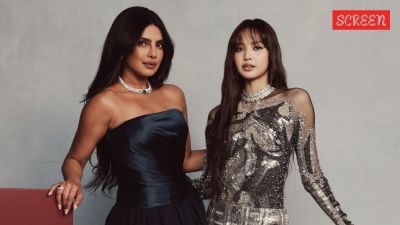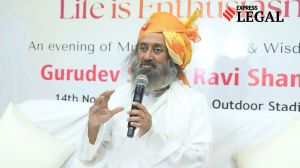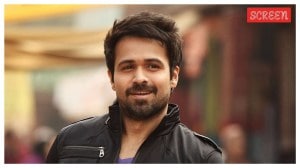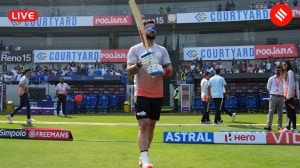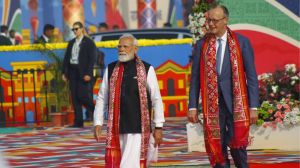Victimhood cannot be our identity
A letter to young women on responding to life’s hardships, fostering solidarity and choosing our preferred identities.
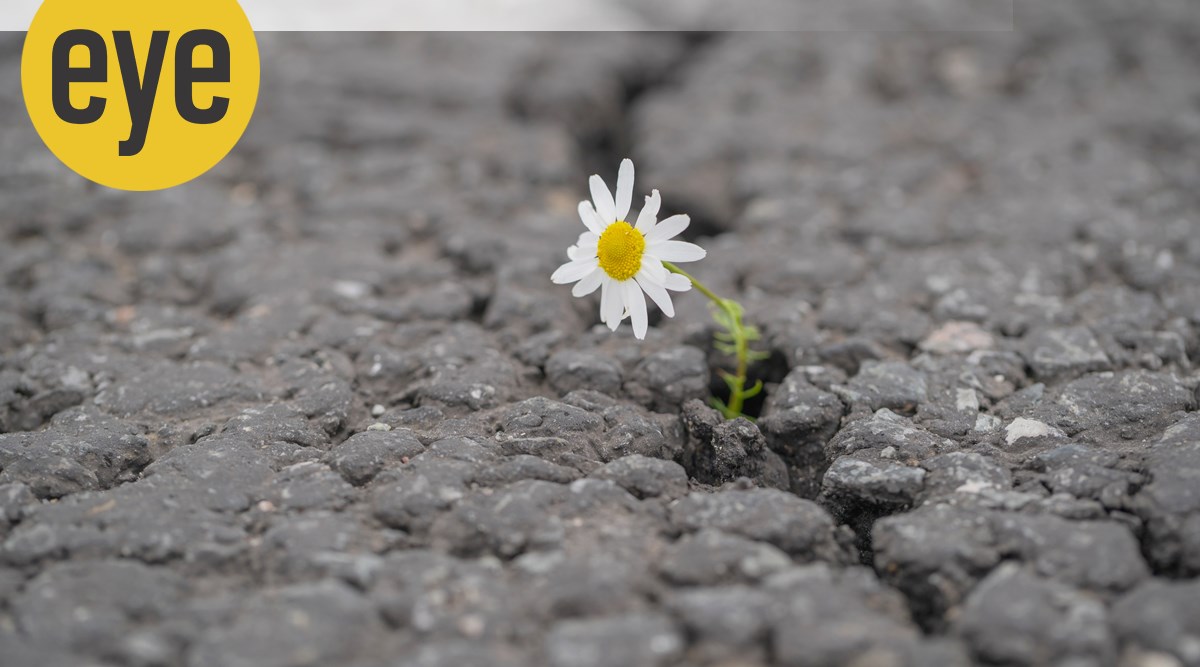 So what steps can we take to reclaim our lives? (Source: Getty Images/ Thinkstock)
So what steps can we take to reclaim our lives? (Source: Getty Images/ Thinkstock)Dear You,
At the outset, I have to admit it has been difficult for me to write this column as I wanted to reflect on a complex and sensitive topic without obscuring the injustices young women have to go through. But there has been such a tectonic shift in the landscape of mental health, that I believe staying silent would be wrong, too.
So let me start with a story. Sona, a 13-year girl, had recently started refusing to go to school after being bullied by her peers who jeered her about her body, ganging up against her and calling her a “loser”. This along with hormonal spikes, pubertal body changes, academic stresses put so much pressure on her that she responded by withdrawing. She told me, “It is as if I am living in a perpetual war zone with no respite.”
At her lowest, she turned to the mental health industry on Instagram for some relief and was insidiously fed a steady dose of the language of misery and victimhood until she concluded that she was a “failure”. As she kept going into the darker underbelly of Instagram, she met people her age, across the world, who were experiencing similar distress and a strange camaraderie was built. Camaraderie is all well and good except when it becomes a dangerous echo chamber. Unwittingly, she was being indoctrinated into a world where victimhood became the passport for acceptance and the 3Ts the currency for belonging.
Now, you might be curious about what I mean by 3Ts. Have you noticed how so much social media conversation is full of what trauma we have been through, what triggers us and how toxic everything is? I like to call it the tyranny of the 3Ts! I used the word “currency” of 3Ts because it certainly comes at a very heavy cost — the mental-health struggles in girls that have skyrocketed, propelled by the pandemic. We are searching for diagnoses as a way to find some solace for our pain and they are being dispensed at an alarming rate – borderline personality disorder, post-traumatic stress disorder (PTSD), anxiety disorder, etc. It is alarming as the pathologisation of human suffering fuels victimisation and alienates us from each other.
I want to emphasise that my intention is not to dismiss the gender injustices girls have to go through in our patriarchal society. We grow up in a culture that judges us at every step and where we are expected to measure up to society’s standards of beauty, worthiness and success. We have to question our lives being reduced to stories of oppression without acknowledgement of stories of resistance and survival. Where we are convinced into believing that we are fragile victims and passive recipients of an unsafe world. Or even worse, persuaded to believe that feminism is about being in a constant state of outrage. It is a dangerous narrative as it disenfranchises us and diminishes our identity; deprives us of our sense of agency and strips us of our belief in responding to life’s hardships.
So what steps can we take to reclaim our lives?
Critiquing the dominant victimhood discourse: Sona started questioning the idea of “loser” – who decides it, what impact this idea had on her and how harmful it was for her and other young people. We also unpacked the idea of her being a victim of trauma and though there was no doubt that bullying had been traumatic, she could make a shift and not let herself be defined by it.
Conviction in our robustness: We had a conversation on how in the smallest ways she was resisting these oppressive ideas – maybe the way she was standing up to bullies, or protecting others in her class even on the toughest days. We got to know what it took to stand up to bullies, how justice and fairness were important to her and how she had been described as being “fearless,” and “gutsy,” from the time she was little, by her parents.
Building kinships: Victimhood pushed Sona to find fault in her parents and rage at them for being “triggering,” “toxic”, and “not understanding”. Sona reflected, “I am so polite to the rest of the world but I was extremely harsh to my parents. Nobody is perfect and they were trying to do the best they could. They have stood by me through my worst times”. It was so wonderful for me to be a witness to an open and honest conversation with Sona and her family on what they appreciated about each other, how they might have hurt each other and what steps each one was ready to take to reconcile relationships. At times, restoring peace within families is not possible, and it is only by moving away that we have a chance of finding peace. In those circumstances, healing is about finding our own chosen families and tribe.
Preferred identity: Most of all we talked about how Sona prefers to be seen – not as a passive victim but as a person who stands up for herself and her friends and who holds on to her dignity in the darkest moments. In the coming months, her parents stood by her as she made formal complaints of bullying in the school. As her father put it, “Our daughter is a warrior and we refuse to let her be treated unfairly.” But when no steps were taken, they decided to move to another school where she found healing and comfort in strong friendships. In Sona’s words, “It is not what happens to us that defines us but what steps we take to not let it define us.”
We come from a long history of warrior women determinedly resisting hardships and standing up for justice – Rani Lakshmibai, Savitribai Phule, Sarojini Naidu and women who have led recent social movements — Justice for Nirbhaya, Narmada Bachao Andolan, Shaheen Bagh protest, Chipko movement, Irom Sharmila and Mothers of Manipur against the AFSPA, the global #MeToo movement, and of course, the recent women wrestlers’ unwavering protests. They have all shaken the cobwebs of our male-dominated society not by claiming victimhood but by standing up to it and politicising what had been personalised.
There is a Mexican proverb, “They tried to bury me, but didn’t know that I’m a seed.” It captures the dignity of the human spirit. We warrior women are not mere victims of extreme hardships, pain or violations. We cannot be crushed, we resist, and we grow back again. Even stronger.
In solidarity
Shelja
Shelja Sen is a narrative and family therapist, writer, co-founder of Children First. In this column she curates the know-how of the children and youth she has the honour of working with. Email her at shelja.sen@childrenfirstindia.com
For all the latest Parenting News, download Indian Express App.
- 01
- 02
- 03
- 04
- 05


